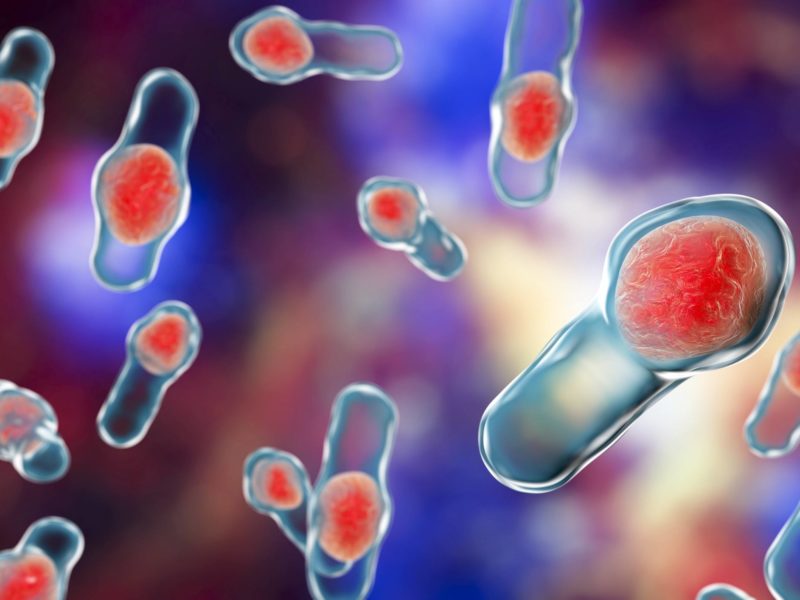Innovative Preeclampsia Research

Preeclampsia is a potentially dangerous complication facing pregnant women and a major cause of maternal morbidity and mortality worldwide. The disorder is characterized by newly acquired high blood pressure and protein in the urine during pregnancy. Despite decades of research, the ability of doctors to predict preeclampsia has not improved significantly.
Brandie DePaoli Taylor, Ph.D., assistant professor at the Texas A&M Health Science Center School of Public Health, hopes to help clinicians get ahead of the illness through a new study to identify biomarkers of the disease. In the three-year, $181,507 study funded by The Discovery Foundation, Taylor will lead a research team that will study subtypes of preeclampsia with different severity.
Through identifying biomarkers in maternal blood during the first trimester of pregnancy, researchers hope to better understand differences in immunological responses between women who will develop early-onset and late-onset preeclampsia as compared to women who go on to have healthy pregnancies. This information will be used for new studies focused on predicting specific subtypes of the disease.
Continue reading on Vital Record.
This article by Rae Lynn Mitchell originally appeared in Vital Record.





